People with high cholesterol are at increased risk of developing serious health conditions. Cholesterol is a naturally occurring substance in the body which is mostly produced within the liver.
Cholesterol, also known as lipid, is vital for the normal functioning of your body. An excess of lipid in the blood is called hyperlipidemia. When the lipid level is too high, it can affect your health.
Reasons to lower your Cholesterol

A build up of cholesterol within your arteries can restrict the flow of blood throughout your body. This can reduce the blood flow required to fuel your brain, heart and other systems in your body.
People with high cholesterol increase the risk of:
- Stroke
- Mini stroke (transient ischaemic attack (TIA)
- Heart attack
- Developing a blood clot
- Coronary heart disease
- Angina
- Narrowing of the arteries (atherosclerosis)
- Peripheral arterial disease (PAD)
What is Cholesterol?
Cholesterol is carried through your bloodstream by proteins. Cholesterol carrying proteins are known as lipoproteins. There are two main types of lipoproteins: Low-density lipoproteins (LDL) and High-density lipoprotein (HDL).
Low-density lipoproteins is known as “bad cholesterol”. LDL transport cholesterol throughout the body to the cells that require its use. Too much LDL within the bloodstream can cause a buildup of cholesterol on the artery walls. This build up can lead to disease of the arteries.
High-density lipoprotein is known as “good cholesterol”. HDL is used to carry excess cholesterol away from cells and back to the liver. Within the liver, the cholesterol can be broken down or safely removed from the body as waste.
What are the main causes of high cholesterol?
High cholesterol is caused by a number of lifestyle and health factors.
One of the significant contributing factors to high cholesterol is a diet which includes a lot of saturated fats.
Other factors include a lack of exercise and high intakes of alcohol or a smoking habit.
Reducing your cholesterol
Eat Healthily: A healthy diet can reduce the amount of saturated fats or trans fats that you consume. Try to eat lots of fruit, vegetables and wholegrain products. Foods which are high in saturated fats include:
- Lard, butter or ghee
- Pies , sausages and other meat products
- Fatty meat cuts
- Cheese, especially hard cheese
- Ice cream
- Cream, crëme fraóche and soured cream,
- Milk chocolate
- Biscuits and cakes
- Palm oil
- Coconut oil and coconut cream
You should find alternatives to foods which increase cholesterol. Try to replace oils and spreads which contain saturated fats with products that use polyunsaturated and monounsaturated fats. These include:
- Olive oil
- Rapeseed oil
- Sunflower oil
Always check the food labels of any products that you purchase. Knowing how much saturated fat that you eat can help you make healthier decisions about the food that you eat.
It is recommended that a person’s total food energy from saturated fats should be below 11%.
- For the average man, this is 30g per day
- For the average woman, this should be 20g per day
Quit Smoking: Smoking is another factor which can increase your cholesterol. If you are a smoker; it is advisable that you seek advice about how to give up smoking.
Regular Exercise: Increasing the amount of exercise that you undertake will also help keep you healthy and keep your cholesterol lower.
Read more about increasing the amount of exercise that you get.
Medical Assistance: If you have taken measures to improve your diet and lifestyle and this has not helped, your GP may offer a medical solution. Statins is a cholesterol-lowering medication which you may be prescribed. There are some side effects to taking statins so your GP will need to assess the benefits of the medication over any risks.
How cholesterol is treated
The first thing that you should do when diagnosed with high cholesterol is to improve your lifestyle. This includes eating a balanced diet, taking more exercise and stopping smoking.
If there is no improvement in your condition after you have made these changes, you may be prescribed cholesterol lowering medication.
- Statins
- Aspirin
- Ezetimibe
Read more about medicines used to treat high cholesterol.
What should my cholesterol levels be?
The amount of cholesterol in your blood is measured in mmol/L (millimoles per litre of blood).
Total cholesterol should be lower than 5mmol/L. For people at risk, total levels should be less than 4mmol/L.
Low-density lipoprotein (LDL) should be lower than 3mmol/L. If you are at high risk, your LDL level should be 2mmol/L or less.
High-density lipoprotein (HDL) should be above 1mmol/L.
Nutrition Advice for Reducing your cholesterol
High cholesterol is a dangerous condition. It can lead to heart disease, stroke, mini stroke and other health conditions. This is why it is important to manage the cholesterol levels in your body.
It is agreed among most experts that high cholesterol can be the cause of bad choices in your diet. It can be quite confusing to determine exactly which foods offer protection against high cholesterol and which can be harmful.
A qualified nutritionist has an in-depth understanding about the foods which are good for your bod and which can have a negative impact.
Each person has a unique relationship with food which is why a nutritionist is important to help you to create a tailor made solution for you.
A nutritionist will offer healthy alternatives to the foods that you eat. They will be able to offer tips on replacing saturated fats with Foods that contain unsaturated fats.
Examples of healthy eating alternatives
Food preparation
When preparing food, you can choose healthier ways of cooking which can reduce the intake of saturated fats. Rather than frying or roasting food, you could use one of the following healthy cooking methods:
- Steaming
- Poaching
- Grilling
- Boiling
- Microwaving
Low fat alternatives
- Read food labels to establish the fat content.
- Choose products with low amounts of trans fats or saturated fats.
- Pick a product with unsaturated fats over one which contains saturated fats.
- Try to buy lean cuts of meat rather than fatty cuts.
- Choose low fat dairy products and spreads.
- Put a limit on the full fat products that you eat
The good fats
Try to replace food with saturated fats with foods which contain unsaturated fats. These include:
- Nuts
- Pumpkin and sunflower seeds
- Oily fish
- Vegetable oils
Increase your fibre intake
Foods with a high-fibre content can help to reduce your cholesterol. Soluble fibre is particularly effective at reducing LDL cholesterol. High fibre foods include:
- Lentils
- Fruit and vegetables
- Oats
- Peas
- Barley
- Chickpeas
- Beans
Further reading
Read more about high cholesterol on the British Heart Foundation website.
Read more information on the NHS website.
